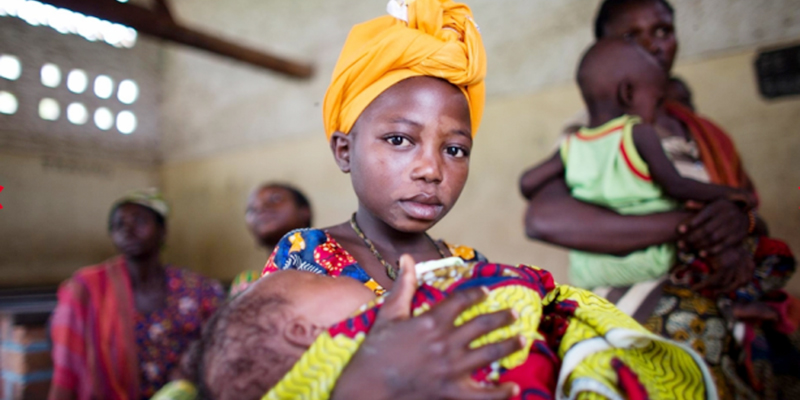
News this week about the 43-year-old man who allegedly enticed an 11-year-old girl to marry him, made sad reading.
NewsDay Editorial
What joy does such an elderly man derive from a child who is hardly old enough to wash her own clothes or do domestic chores?
This is no doubt a clear case of abduction of a vulnerable girl child who was perhaps also living with her vulnerable grandmother that was taken advantage of.
This happens at a time when Zimbabwean-born African Union goodwill ambassador on child marriage Nyaradzayi Gumbonzvanda recently urged Sadc leaders to formulate policies that will end child marriages.
Although statistics show that Malawi and Zambia are some of the top 10 African countries with a high prevalence of child marriages, 31% of Zimbabwean girls have been forced into such unions.
The Constitution states that any person that indulges in sexual intercourse with a girl below 12 years, the culprit is presumed to have raped the minor whether or not the victim consented.
As the number of African girls who are married as children continues to grow, the number of children bearing children is also increasing, resulting in high death rates.
- Chamisa under fire over US$120K donation
- Mavhunga puts DeMbare into Chibuku quarterfinals
- Pension funds bet on Cabora Bassa oilfields
- Councils defy govt fire tender directive
Keep Reading
International conventions declare that child marriage is a violation of fundamental human rights because it denies girls the right to choose when and with whom to marry.
The negative implications are far-reaching for girls, often leading to their early departure from school, economic dependency and difficulty in finding a vocation or work outside the home.
The practice can also perpetuate cyclical poverty and increase susceptibility to such sexually transmitted diseases as HIV and Aids.
Other countries with a high rate of child marriage include India, Guatemala and Niger, the UNFPA report says.
The practice of child marriage also limits progress on Millennium Development Goals focused on eradicating extreme poverty and hunger, reducing child mortality, improving maternal health, combating HIV and Aids and achieving universal primary education.
It would seem as though child marriages in Africa are largely concentrated in the sub-Saharan region because of a variety of factors.
Poverty for many poor families, marrying their daughter at an early age essentially is a strategy for economic survival; it means one less person to feed, clothe and educate.
In many sub-Saharan cultures, parents get a high bride price for a daughter who is married near puberty, but the consequences are devastating.
Girls who marry young are at a higher risk of dying during childbirth, having their child die before its first birthday, contracting HIV and becoming victims of domestic violence.
Girls who marry and give birth before their bodies are fully developed are more at risk of death or terrible injury and illness in childbirth. In addition to death, young girls face tremendous health risks in childbirth, including a serious condition known as obstetric fistula.
Obstetric fistula results when a young mother’s vagina, bladder and/or rectum tear during childbirth. This causes urine and faeces to leak from her, and without surgery, the condition lasts the rest of the girl’s life.
We only hope that Gumbonzvanda’s campaign will not fall on deaf ears because this is a serious social problem that needs to be dealt with with firmness and urgency.











